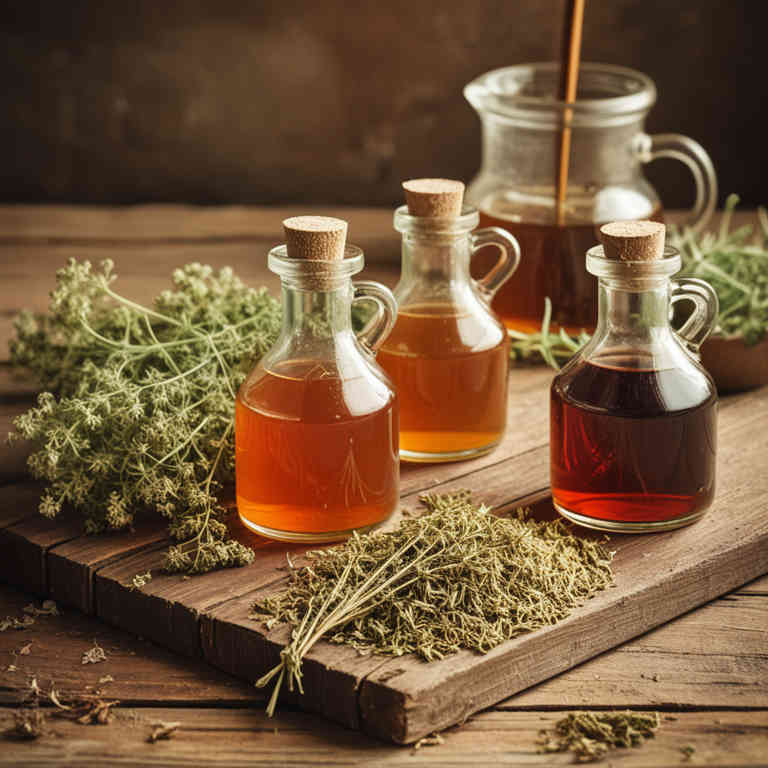Coriandrum sativum syrup for medicinal use

Coriandrum sativum syrup is a traditional herbal preparation made from the dried fruits of the coriander plant, commonly known as cilantro or Chinese parsley.
This syrup is often used in herbalism to support digestion and alleviate symptoms of gastrointestinal discomfort. It is believed to have carminative properties that help reduce gas and bloating. The preparation may also be used to soothe respiratory issues due to its expectorant qualities.
In some cultures, it is incorporated into remedies for stress relief and to promote overall well-being.
Uses
Coriandrum sativum syrup has been used to treat digestive ailments and respiratory issues for centuries.
Historically, it was valued in traditional medicine systems such as Ayurveda and Chinese medicine for its carminative and antispasmodic properties. In ancient times, it was often prepared by simmering coriander seeds with honey or sugar to create a soothing syrup. Modern applications include its use as a natural remedy for nausea, coughs, and inflammation, supported by some scientific studies on its antioxidant and anti-inflammatory effects.
Today, it is still popular in herbal remedies and is sometimes used in culinary contexts for its aromatic and digestive benefits.
Benefits
Coriandrum sativum syrup has health benefits such as aiding digestion, reducing inflammation, and supporting respiratory health.
It is made by extracting the essential oils and active compounds from coriander seeds, which are known for their aromatic and medicinal properties. This syrup can help alleviate symptoms of bloating, gas, and indigestion due to its carminative effects. It also possesses antioxidant properties that may boost the immune system and protect against oxidative stress.
Additionally, it can be used to soothe coughs and ease breathing, making it a valuable natural remedy for various ailments.
Constituents
Coriandrum sativum syrup active constituents include compounds such as terpenes, flavonoids, and essential oils, which contribute to its therapeutic properties.
These components are known to possess antioxidant, anti-inflammatory, and digestive stimulating effects. The syrup is commonly used to support gastrointestinal health and alleviate symptoms of indigestion and bloating. It may also aid in reducing oxidative stress and promoting overall well-being.
Due to its mild and soothing nature, it is often recommended for use in traditional medicine for various health purposes.
Preparation
To make Coriandrum sativum syrup, start by washing and drying 1 cup of fresh coriander seeds.
In a saucepan, add the seeds and 2 cups of water, then bring to a boil over medium heat. Reduce the heat and let it simmer for about 20 minutes, then strain the liquid through a fine mesh strainer or cheesecloth. Next, add 1 cup of honey or maple syrup to the strained liquid and stir until fully combined.
Finally, pour the mixture into sterilized jars and let it cool before storing in a cool, dark place.
Side Effects
Coriandrum sativum syrup may lead to gastrointestinal discomfort, including nausea, vomiting, and diarrhea, especially when consumed in large amounts.
It can also cause allergic reactions in individuals sensitive to coriander, manifesting as skin rashes, itching, or breathing difficulties. Prolonged use may interact with certain medications, such as anticoagulants, increasing the risk of bleeding. Additionally, excessive consumption might lead to liver toxicity in some cases.
It is important to consult a healthcare professional before using this preparation, particularly for pregnant women, nursing mothers, or those with chronic health conditions.